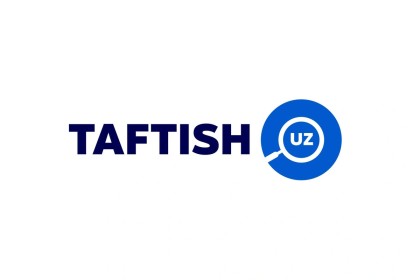Adoption of Tobacco Harm Reduction (THR) measures, including greater access to nicotine alternatives such as e-cigarettes, would help to save 464,000 lives in Uzbekistan, according to major new research.
Leading international experts who conducted the study say THR should be a central component of tobacco control in the country, where the government is instead drafting a law banning the import, sale and production of e-cigarettes and tobacco heating systems.
The World Health Organization (WHO) estimates that the annual number of tobacco-related deaths in Uzbekistan will average at 20,000 by 2060.
The new study, titled: Lives Saved Report: Tobacco Harm Reduction and Better Treatment Could Save Nearly 880,000 Lives by 2060 in Malaysia and Uzbekistan details how that toll could be massively reduced by incorporating THR into public health policymaking.
Dr. Derek Yach, one of the authors of the report, said: ”In order to curb the smoking rates in Uzbekistan, it is clear that a fresh approach to tobacco harm reduction is required. This includes making less harmful alternative products, such as e-cigarettes and nicotine pouches, more accessible, acceptable and affordable to smokers wishing to switch.”
Sweden provides a strong example of what effective and practical tobacco harm reduction strategies can accomplish. Later this year, Sweden’s smoking rate is expected to drop below 5%, the point at which the country can be officially deemed smoke free. Key to this reduction in smoking levels has been the availability of snus, a smokeless tobacco product.
Dr Delon Human, leader of Smoke Free Sweden said:
“The onus is now on the Uzbek government to enhance its current tobacco control measures with proven harm reduction strategies. By offering smokers safer alternatives, policymakers have a timely opportunity to provide a crucial lifeline to 464,000 Uzbek smokers.”













